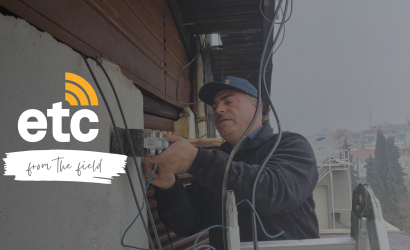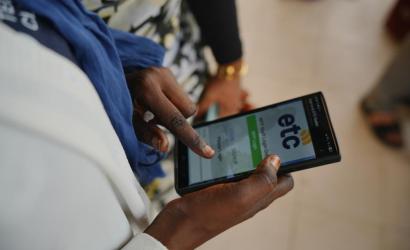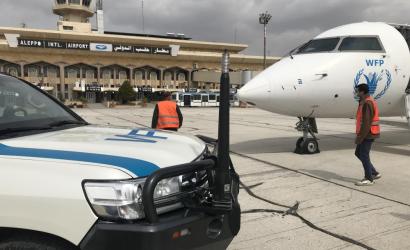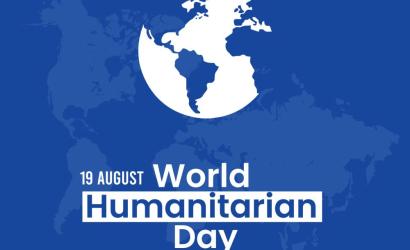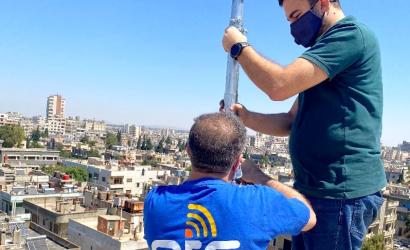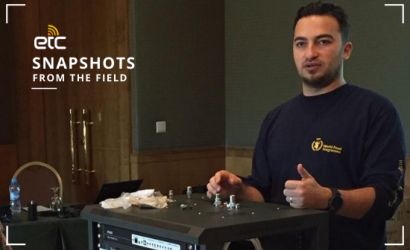Syria
The Emergency Telecommunications Cluster (ETC) was formally activated in January 2013 to provide common telecommunication services to the humanitarian community responding to the crisis in Syria and surrounding countries.
The humanitarian community rely on technology services for all aspects of their operations from reporting and coordination, to ensuring the security and safety of staff in the field. Since the Cluster was activated, ETC has deployed common services across the region.
As global ETC lead, WFP works in collaboration with partner agencies including UNHCR, UNDSS and UNICEF to deliver common services. Regular ETC Syria teleconferences ensure coordination and information-sharing on a global level, and working group meetings are held at a local level.
ETC Syria operates under the “Whole of Syria” approach which encompasses Syria, Jordan, Lebanon and Turkey where the ETC provides services.
ICT Profile
N/A
Ministry of Communications and Technology
Syrian Telecommunications and Post Regulatory Authority
21.32 million
Syria is a country in the Middle East, with a coastline at the eastern Mediterranean Sea. It is bordered by Iraq, Israel, Jordan, Lebanon, and Turkey, and it shares maritime borders with Cyprus.
The country occupies an area of 185,180 km², and is home to a variety of ethnic and religious groups, including Kurds, Armenians, Assyrians, Christians, Druze. Syria is a country with a predominantly Muslim population, 12% of Syrians are Alawite Shia and 74% Arab Sunni.
According to the World Bank, Türkiye’s geographic, climatic, and socioeconomic conditions make it highly vulnerable to the impacts of climate change and other environmental hazards, making adaptation and resilience important priorities. Türkiye has high vulnerability in most climate vulnerability dimensions selected by the World Bank. Its transport system is more vulnerable than comparable countries, and the country is experiencing food security issues, increasing water stress, and unprecedented disaster events, such as the 2021 forest fire season. This vulnerability is due to a combination of climate factors, population exposure (for example, share of population exposed to floods and forest fires), and socioeconomic factors (such as share of agriculture in the economy).
Syrian pound
13
80
7.39
79.7
N/A
85%
Local Administration Act of 1971
The Local Administration Act of 1971 addresses emergency management in Syria and it regulates the formation and tasks of local authorities. It describes one of the seven categories of tasks for the Governorate Councils to be Security and Order. This category describes disaster management tasks as “ensuring the protection of public property,” “implementing procedures related to disaster prevention,” and “providing the needs of civil defense and public safety during times of peace, war, and emergencies; building and equipping hideouts; and training citizens on related tasks.”
The Syrian Telecommunication Law (Issued by Law No. 18 of 2010)
The law sets the rules for regulation and development of the telecommunications sector, restructures the telecommunications sector and specifies the roles of the key stakeholders, as well as seek to ensure fair competition among Operators and Service Providers.
Drone operations are not regulated in Syria as the Syrian agency responsible for drone safety, SCAA, has not codified drone use regulations in Syria.
